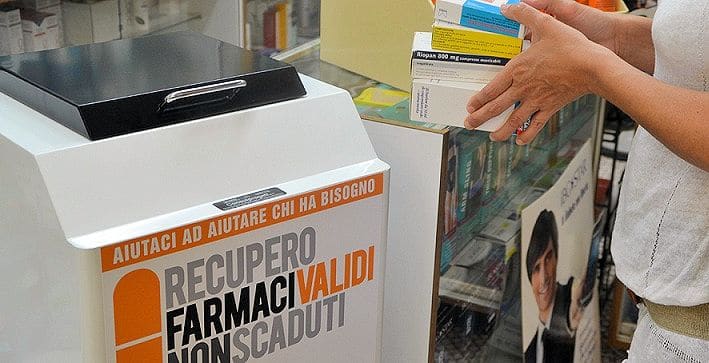We are a people who collect drugsas if they were candies. Certainly there are indispensable ones - drugs, not candies - for our health, medicines without which we could not live or would live badly. The point is actually another one and it's all in theexcess which generates a chain of excesses carried to infinity.
You can start with a digit: 1 million and 300,000 Italians they use more than 10 medicines each day. An account that doesn't add up because none of us - except in rare cases - would take ten pills a day. However, on average, we all have this chemical quantity in our homes. We are all accomplices: consumers, doctors, pharmacists, industry f
We squander money, public and private, but above all – and in particular with “do-it-yourself” treatments – we damage our own Health. We often feel able to establish the cure for our ailment and buy them; if – as often happens – they don't work, we forget them in some drawer.
L'National Medicines Agency estimates that, for example, out of 16 million hypertensives only 8 accept treatment for the period decided by the competent doctor, the others get rid of it after two or three months. The Agency itself points out that the medicines most subject to waste are the antibiotics, followed by analgesics, The syrups, drugs forhypertension, The anticoagulants.
With the exception of analgesics and syrups, other medicines in Italy are reimbursed by the National Health Service. One comes from it economic waste which is around 2 billion euros a year to which must be added 400,000 euros per year for non-refundable ones.
Something, or more than something, is not working. The compulsive attitude of the consumer who goes to the pharmacy to buy medicines certainly doesn't help, just as the behavior of a particular pharmacist who is not very careful and does not recommend, does not advise against, does not explain is implausible. Also contributing to the problem are some doctors who prescribe remedies that are often not even taken into consideration by the patient or are superfluous in their own way. The pharmaceutical industries complete a picture that no longer has anything rational since everything is taken to excess.
It is certainly a fact that the activities of the Pharmaceutical Bank do not enjoy such a structured collaboration from pharmacists. It is useless to analyze the reasons for this behavior, perhaps it is simply a matter of organizational impossibility. However, the solution exists and it is not so expensive: setting up collection points for medicines donated by consumers to be donated to associations that they would certainly know what to do with it.
